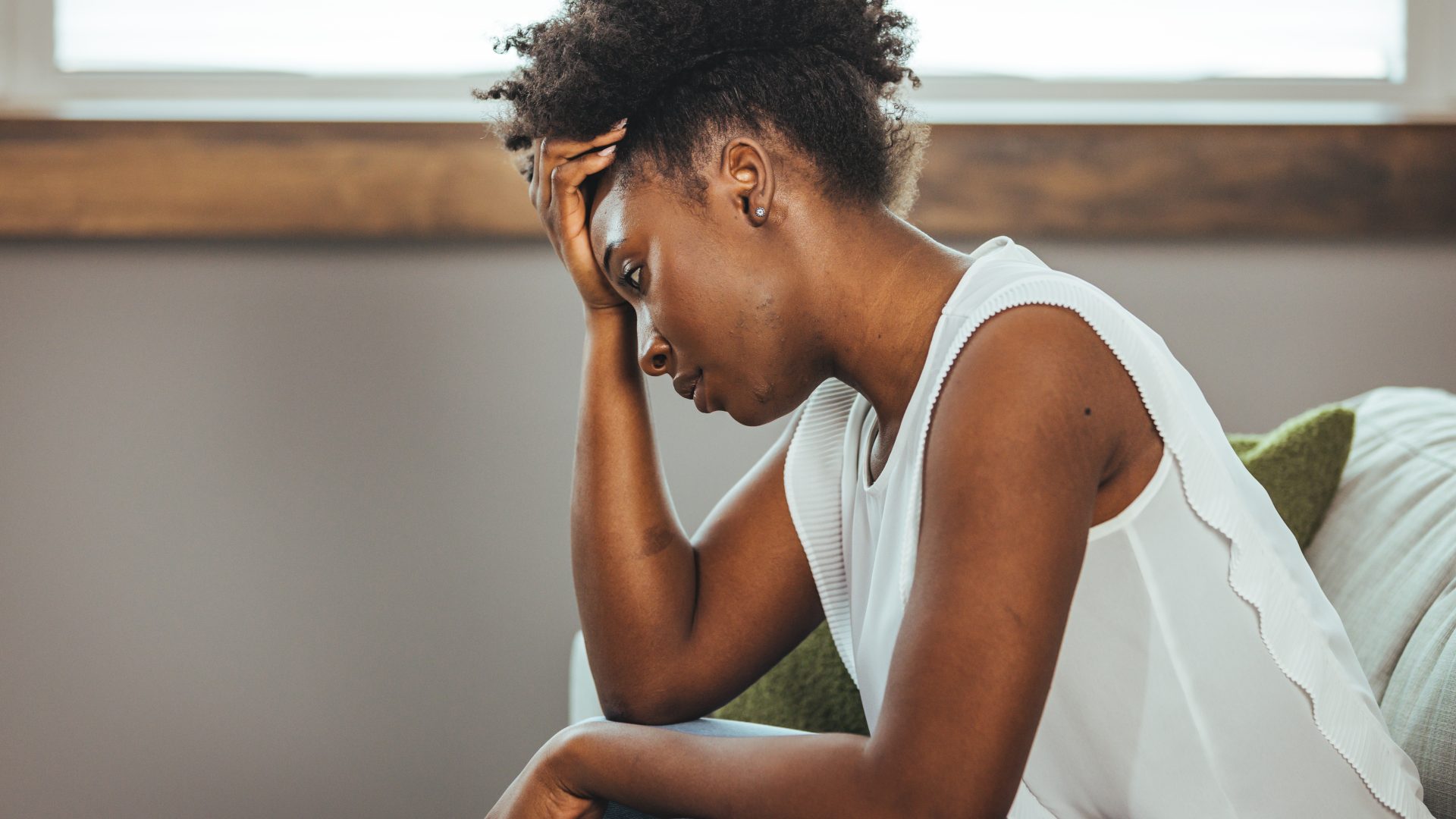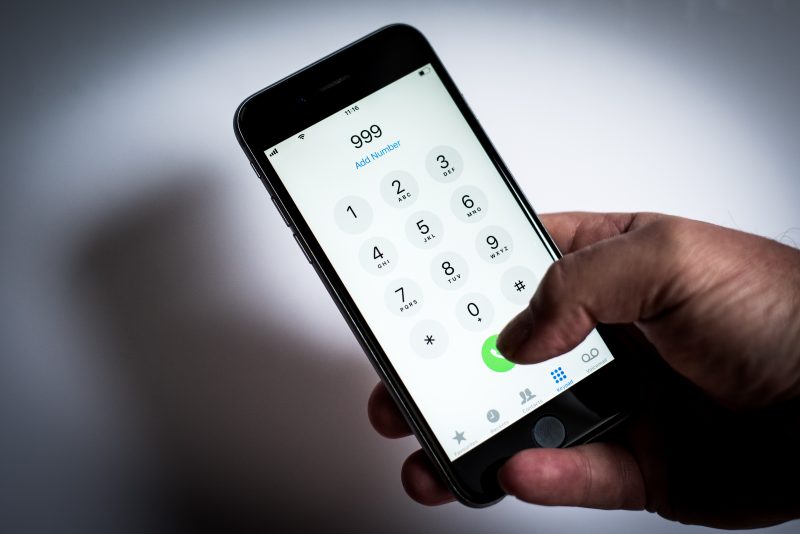Intimate Partner Violence (IPV) affects people of all sexual orientations, gender identities and expressions.
Key things to know
- Intimate partner violence occurs where a person tries to exert power and control over their partners or ex-partners
- Intimate partner violence can happen to anyone, regardless of gender or sexuality, and can be difficult to spot
- One in three men who have sex with men will experience intimate partner violence in their lives
- Trans men are at greater risk of IPV than their cis counterparts.
- Intimate Partner Violence is something that men often struggle to talk about, but support is available
- The stories of male victims are largely absent from discussions about IPV and domestic violence, adding a layer of stigma and helping to keep it hidden.
If you, or someone you know, are experiencing IPV:
- We can help you talk things through at your own pace and on your own terms
- We won’t force you to discuss anything that you’re not comfortable with
- We’ll never take any action against your partner unless you want us to (or unless you are in serious immediate danger)
- If you want to talk, you can get in touch and one of the team will get in touch with you.
Get in touch
What do we mean by Intimate Partner Violence?
Intimate partner violence, or IPV, refers to a pattern of behaviours by a person in order to exert power and control over their partner, or ex-partner.
Intimate Partner Violence can:
- Take many forms, including emotional, mental, physical, sexual and financial
- Happen in a wide range of relationship types, whether monogamous, open, polyamorous, dating, hookups or friends with benefits
- Occur regardless of whether the partners are, or were, living together, or not.
The term Intimate Partner Violence is often used interchangeably with the more common term domestic violence. On this page, we use the term IPV as it refers specifically to acts of violence that occur between current or former partners.
We want to encourage more discussion about IPV, to bring it into the open, and to support more men to feel able to access information, advice and support
How do I spot IPV?
Intimate Partner Violence is not always easy to spot as it is happening, and many people who have experienced it report that the signs were only obvious in hindsight.
One reason abuse can be difficult to spot is that it will often begin with subtle acts that could be dismissed as ‘minor’, before escalating in severity over time.
For example, people who have experienced physical and sexual abuse will often report earlier examples of verbal and emotional abuse that were not acted on.
Below we’ve given some examples of different signs of IPV to watch out for.
Does your partner ever:
- Mock or verbally abuse you?
- Check your emails or phone messages?
- Get jealous when you’re with other people?
- Try to influence where you go and who you see?
- Try to persuade you that you’re wrong or at fault when you’re not (often referred to as gaslighting)?
- Accuse you of being paranoid?
- Use emotional blackmail? e.g. threaten to leave you if you don’t do as they ask
Does your partner ever:
- Act aggressively when challenged on their behaviour?
- Violently attack you, or threaten to do so?
- Intentionally damage your property?
Does your partner ever:
- Ignore or belittle your sexual boundaries?
- Pressure you into having sex when you don’t want to?
- Pressure you to have sex you’re not comfortable with, or don’t enjoy?
- Remove their condom without consent during sex (stealthing)?
Does your partner ever:
- Regularly ask to borrow money without paying it back?
- Try to limit your access to your money?
- Require you to justify purchases?
- Hide their own income from you?
- Treat your home like their own, without discussing it with you?
In addition to the warning signs mentioned above, some more specific signs that your partner is abusive can include:
- Making you feel shame about your body
- Purposely misgendering you, or belittling your identity to family and friends
- Physically and/or sexually harming your body parts such as chest or genitals
- Blaming you when you experience transphobic attitudes in society
- Preventing you from transitioning, taking hormones, wearing certain clothes or living as your true identity
- Threatening to out your sexual and gender identity
What are the impacts of IPV?
Intimate Partner Violence is associated with various short and long-term health and wellbeing impacts. People who have experienced IPV will often report experiencing:
- Low confidence and self-esteem
- Sense of shame and victim blaming
- Withdrawing and isolation from friends and family
- Depression, anxiety and eating disorders
- Self-harm and suicide ideation.
- Loss of trust and intimacy in relationships
- Increased risk taking in relation to their sexual health
- Negative body image
- Impact of physical injuries from abuse (which can trigger painful memories)
- Loss of personal sense of safety and security
At Waverley Care, we want to you to know that we’re here, and that we’ll work with you to ensure that you feel able to access the correct support.
IPV and same sex relationships
As with so many of the health and social inequalities faced by gay, bi and all men who have sex with men, many underlying factors of IPV within our relationships link back to societal issues around LGBTQ+ identities.
Research has found some common relationship factors underpinning IPV in same sex relationships:
- Limited sexual health education around LGBTIQ+ identities, means there is a lack of knowledge about what healthy same-sex relationships look like.
- Limited education about the sex that men have has led to stereotypes where objectification and rough treatment are normalised – this can also spill over into other aspects of relationships, with a dominant and submissive partner.
- The declining role of the gay scene, and the rise of apps limits opportunities for friendships and sharing of experiences with peers.
- The loneliness of growing up LGBTQIA+ in a heteronormative world leads people to stay in harmful relationships, ignoring warning signs of IPV to stay with a partner.
The stories of male victims are largely absent from discussions about IPV and domestic violence, adding a layer of stigma and helping to keep it hidden.
Getting Support
If you are experiencing IPV, or suspect that someone you know is, we can help you talk things through at your own pace and on your own terms.
We won’t force you to discuss anything that you’re not comfortable with, and we’ll never take any action against your partner unless you want us to (or unless you are in serious immediate danger).
You may find the following information useful:
Many men who have been victims of IPV find it difficult to report abuse to the police. This is often because of fear of judgement and prejudice, and concern that they will not be believed.
However, Police Scotland are sensitive to the needs of LGBTQI+ people experiencing IPV and have specially trained LGBT Liaison Officers all over Scotland who can help.
You can report IPV directly to Police Scotland, or through a third party reporting centre. In an emergency always call 999.
Alternatively, if you are unsure, you can discuss it with us first. Click here to contact us.
If you have been raped or sexually assaulted, it is completely understandable if you don’t know where to turn. SARCS is a dedicated NHS service that can offer healthcare and support in the days after an assault, particularly if you’re not ready, or unsure whether to go to the police.
The service is accessed through a dedicated phone line, where specially trained staff can talk you through your options. This can include support to:
- Access healthcare to address your physical, emotional and sexual health needs.
- Arrange a Forensic Medical Examination to gather evidence should you decide to report the assault.
Key things to know about the service are:
- It’s your choice – you won’t be rushed into making any decisions, and don’t have to report an incident to the police if you’re not ready or unsure.
- You are in control – You can pause or stop support at any time, and are encouraged to ask questions.
- It’s good to seek help as soon as possible – Even if you’re not ready to report an assault to the police, SARCS can help you access support with your immediate needs, and allow some forensic evidence to be collected should you decide to report an incident later.
- You are not alone – If you’ve been through a traumatic experience, SARCS can help you access a wide range of support.
If you want to self-refer to SARCS, you can call the service 24 hours a day, 7 days a week on 0800 148 88 88. If you have reported a rape or sexual assault to the Police, they can also refer you to SARCS for support.
For more information, you can read about SARCS on our sexual assault and rape page.
Other support services
The following services offer helpful information and advice for men affected by IPV:
- Abused Men in Scotland (AMIS) – supports male victims of IPV across Scotland.
- Rape Crisis Scotland – support for people of all genders and sexual orientations who have experienced sexual violence.
- Not Your Fault – a peer-led support group for men and non-binary people
- Fear Free – support service for any man, or LGBTQI+ person experiencing domestic abuse
- LGBT Domestic Abuse Scotland – LGBT Youth Scotland initiative providing support and advice to LGBT people and professionals.
Intimate Partner Violence can happen to anyone.
If you are looking for support and advice about your relationship, or just need to talk, we are here to help. Get in touch by filling out our contact form.



